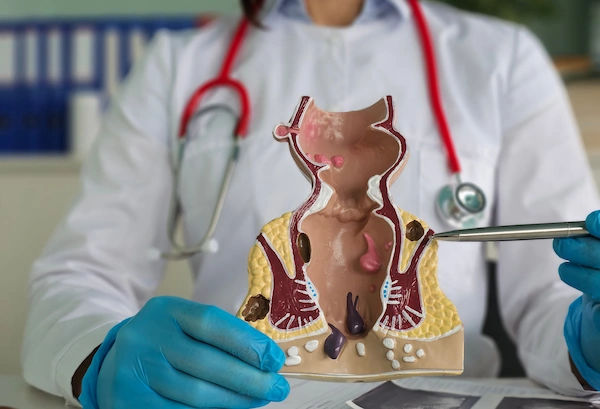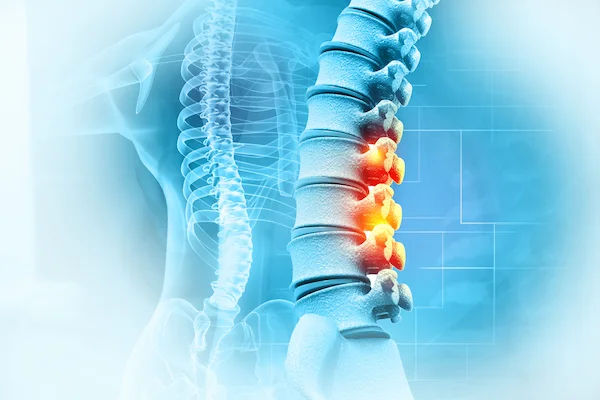- male
- 40 Years
- 14/08/2025
I've had an inguinal hernia for 6 years and finally decided to go for open surgery - will it be very painful afterwards and what kind of anesthesia is usually used for this procedure? Also wondering about the surgery timing and where exactly they make the incisions - is it just one cut or multiple?
Answered by 1 Apollo Doctors
depends on type of procedure.
Dr. Dhankecha Suggests...
Consult a General Surgeon
Answered 14/08/2025
0
0

More General Surgery Health Queries
View allI have two small fibroadenomas in my left breast, 1 cm and 1.5 cm in size, and my doctor said surgery is the only option. I'm only 23 and don't want surgery are there any medicines, yoga, or ayurvedic remedies that can treat this? Also, is there any chance this could be cancer?
surgery is often recommended for fibroadenomas, especially those that are growing rapidly or are larger than 2 cm, it's not always the only option. Your doctor might recommend watchful waiting, where you undergo regular check-ups and imaging tests to monitor the fibroadenomas. There are also non-surgical options like cryoablation or vacuum-assisted biopsy. In addition, there's no evidence that yoga or ayurvedic remedies can effectively treat fibroadenomas, and these approaches shouldn't be seen as a replacement for medical care. Regarding your concern about cancer, fibroadenomas are non-cancerous, and the risk of breast cancer is not significantly increased by having them. However, it's always best to follow up with your doctor and discuss your concerns and preferences
Answered by 1 Apollo Doctors
It's been 10 days since my lipoma surgery but the wound hasn't healed yet and there's still pus buildup with a bad smell - is this normal or should I be worried about infection?
Surgery that involves a cut (incision) in the skin can lead to a wound infection after surgery. Most surgical wound infections show up within the first 30 days after surgery. Surgical wound infections may have pus draining from them and can be red, painful or hot to touch. You might have a fever and feel sick
Answered by 1 Apollo Doctors
What are the typical costs for gall bladder laparoscopic surgery in Delhi and can you recommend some good hospitals that specialize in this procedure I'm looking for information on laparoscopic surgery for gall bladder in Delhi including the average expenses and which hospitals are known for doing it well How much does gall bladder laparoscopic surgery usually cost in Delhi and which hospitals have the best reputation for this surgery Can you share details about the charges for gall bladder laparoscopic surgery in Delhi and suggest some reliable hospitals for the procedure What's the price range for laparoscopic gall bladder surgery in Delhi and could you point me toward some trusted hospitals for this treatment
Cost varies 55k to 1.5L INR.Varies from hospital to hospital.
Answered by 1 Apollo Doctors
Disclaimer: Answers on Apollo 247 are not intended to replace your doctor advice. Always seek help of a professional doctor in case of an medical emergency or ailment.





